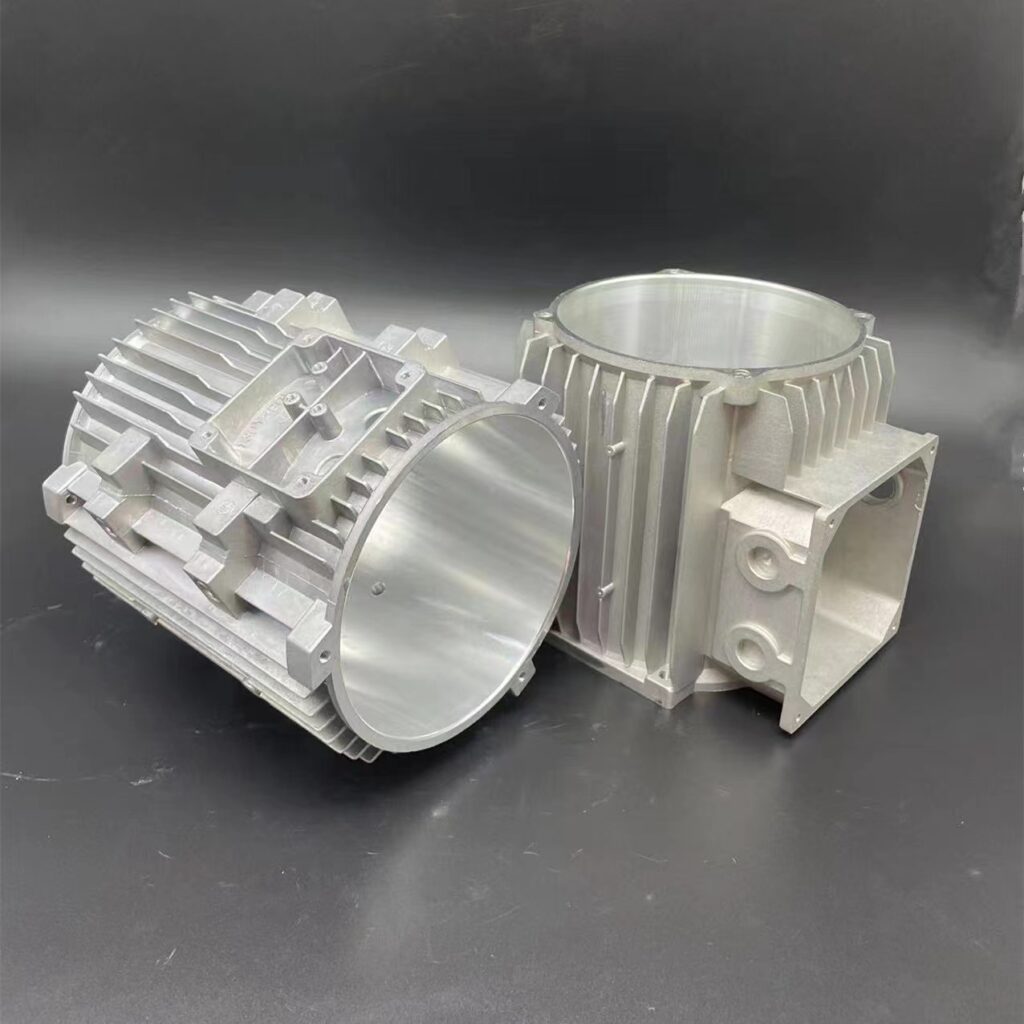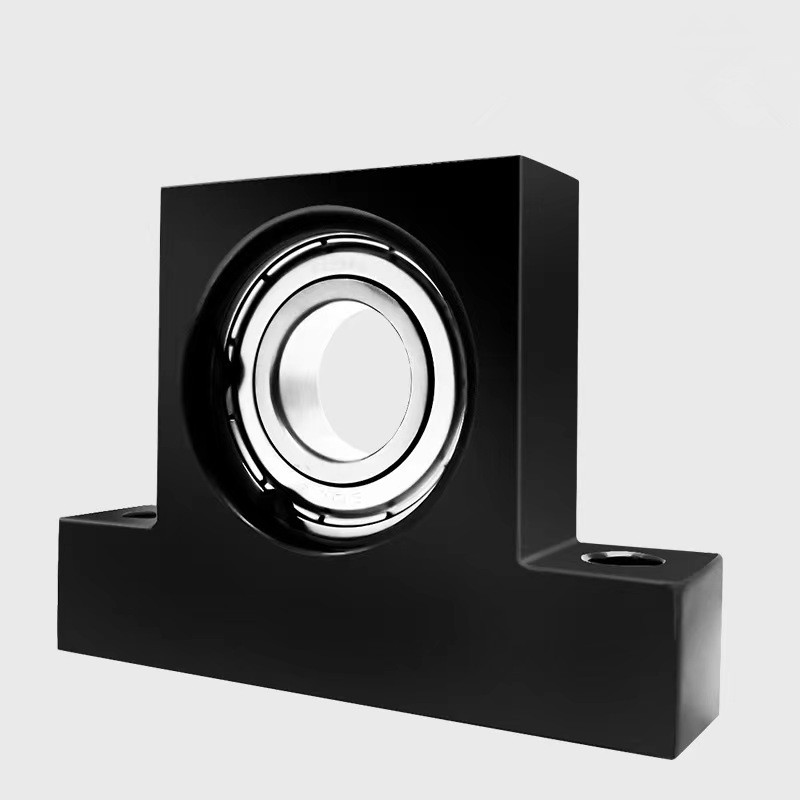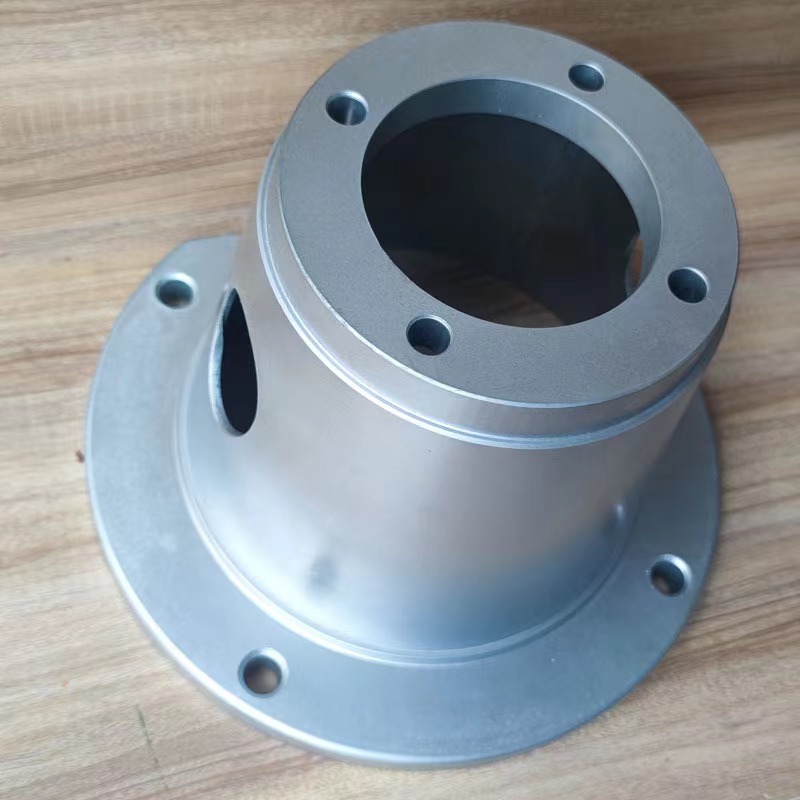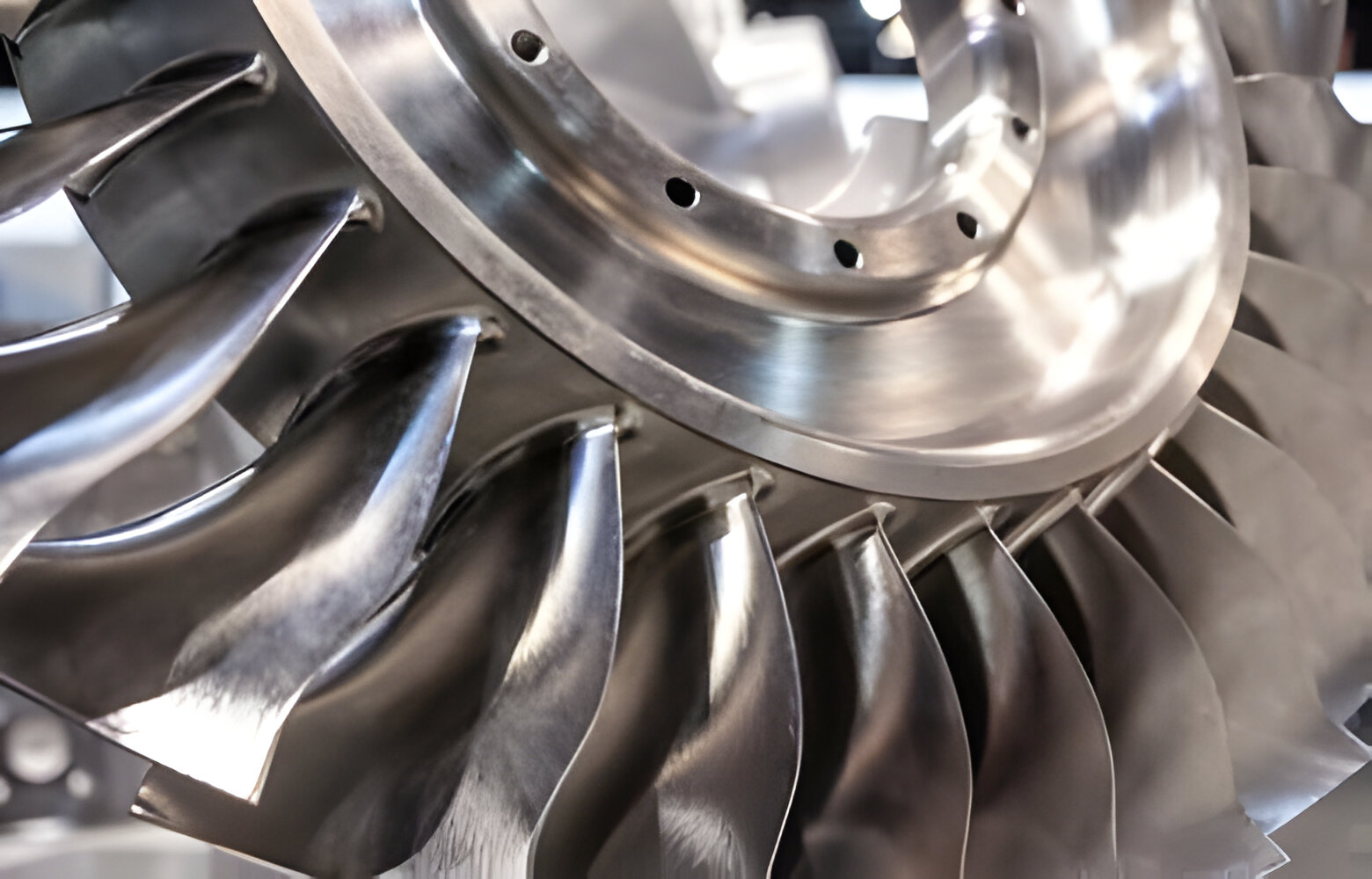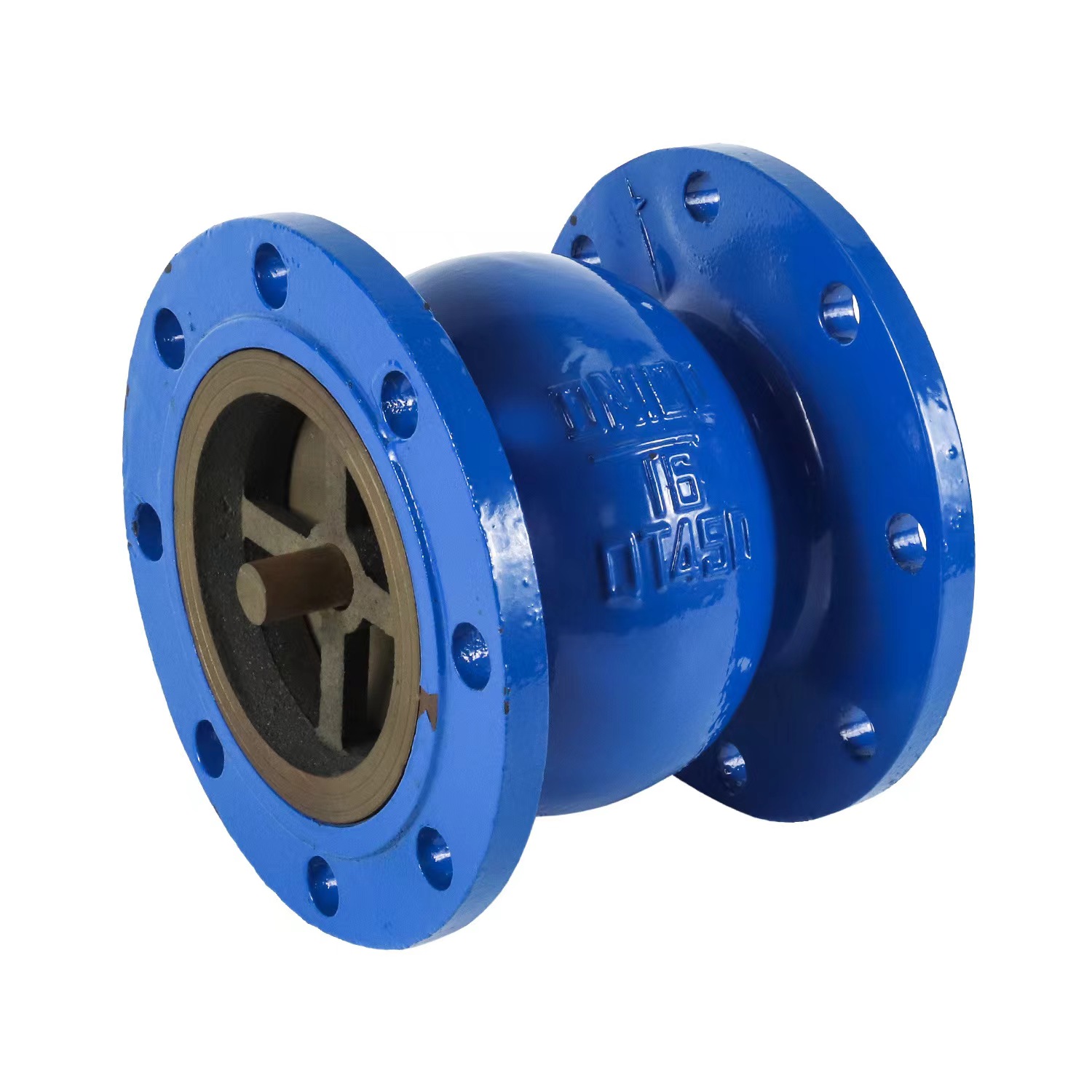Die cast aluminum housing plays a pivotal role in the engineering and manufacturing sectors, particularly in the design and production of motor components. Known for its strength, durability, and excellent thermal properties, aluminum die casting is a preferred method for creating robust housings for various motor types, including servo motors and electric motors. This article delves into the applications, manufacturing processes, and frequently asked questions about die cast aluminum housings, highlighting the advantages they bring to industrial and commercial machinery.
Applications and Scenarios
Die cast aluminum housing is integral in developing components such as servo motor housing, electric motor housing, and motor casing. These housings are crafted to provide maximum protection for the motor's internal components while ensuring efficient heat dissipation and structural integrity. The versatility of aluminum die casting allows for its use in various scenarios, including automotive, aerospace, industrial machinery, and consumer electronics, where reliability and performance are crucial.
In automotive applications, die cast aluminum motor housings contribute to the overall weight reduction of vehicles, enhancing fuel efficiency and reducing emissions. In the aerospace industry, the lightness and strength of aluminum die casting are essential for applications requiring optimal performance under extreme conditions. Additionally, in consumer electronics, these housings are used to encase delicate components, ensuring durability and longevity of the devices.
Manufacturing Process
The manufacturing of die cast aluminum housings involves injecting molten aluminum into a steel die at high pressure. This process allows for high precision and consistency in producing complex shapes that are dimensionally stable and have fine surface finishes. The properties of aluminum alloys used in die casting make them ideal for creating parts that require high strength-to-weight ratios and excellent corrosion resistance.
One of the key advantages of die casting for motor housings is the ability to integrate multiple functions into a single complex part, reducing assembly costs and enhancing the component's structural integrity. Features such as mounting points, heat sinks, and bearing caps can be incorporated directly into the housing during the casting process, eliminating the need for additional components.
FAQs
Q1: What are the advantages of using die cast aluminum for motor housings? Die cast aluminum housings offer high thermal conductivity, which is crucial for motors that generate significant amounts of heat during operation. Additionally, these housings are lightweight, corrosion-resistant, and capable of withstanding high pressures and temperatures, making them suitable for harsh environments.
Q2: Can die cast aluminum housings be customized? Yes, the aluminum die casting process is highly adaptable, allowing for the customization of motor housings to meet specific requirements. Manufacturers can modify the alloy composition and the die design to achieve desired properties and functionalities.
Q3: How does the cost of die cast aluminum housing compare to other materials? While the initial tooling costs for die casting can be high, the long-term benefits of durability, strength, and precision make die cast aluminum a cost-effective choice for large production runs.
For businesses seeking reliable and high-quality motor housing solutions, our aluminum die casting services at KT Foundry offer customized options tailored to meet diverse application needs. Visit our website at kt-foundry to explore our range of products and discover how we can assist in enhancing your motor applications with our state-of-the-art die cast aluminum housings.

